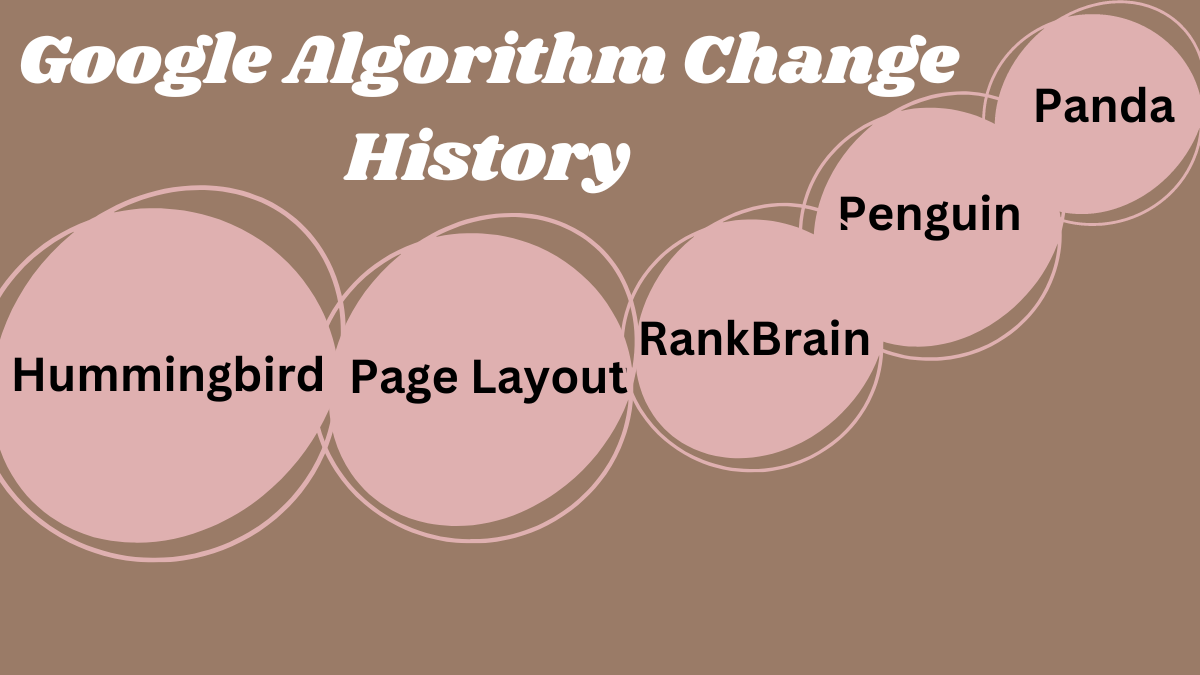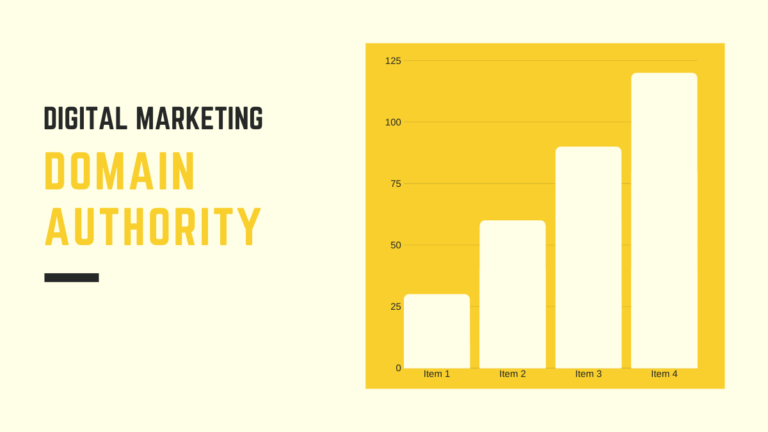Google Algorithm Change History
Welcome to the fascinating world of Google algorithm changes! If you’ve ever wondered how search results magically appear on your screen or why some websites rank higher than others, then this blog post is for you.
In this information-packed guide, we’ll take a deep dive into the history of Google algorithm changes – from their humble beginnings to the complex and ever-evolving algorithms that shape our online experiences today.
Get ready to uncover the secrets behind those mysterious updates and gain valuable insights into how they have transformed the way we navigate cyberspace. So, buckle up and join us on this captivating journey through time as we explore Google’s algorithm change history!
Table of Contents
What is an Algorithm?
Algorithms are a set of rules or instructions that computers use to process information. There are many different algorithms, and each one has its specific purpose.
One of the most common types of algorithms is the search engine algorithm. This is the algorithm that Google uses to determine which websites appear in its search results. Google’s search algorithm is constantly changing, so it’s important to keep up with the latest changes if you want your website to be as visible as possible in Google searches.
There are also other types of algorithms, such as those used for encryption and authentication. Algorithms can be used for a variety of purposes, but they all have one thing in common: they allow computers to carry out certain tasks more quickly and efficiently than would be possible without them.
How do Algorithms Affect Search Engine Rankings?
- Algorithms are a big part of how Google ranks websites in its search results. Over the years, Google has made changes to its algorithm that have had a significant impact on the way websites rank.
- In 2006, Google started using a link-based algorithm instead of focusing solely on content quality. This change led to a rise in the visibility of sites with high volumes of links from other websites.
- In 2011, Google announced that it would start using a more “natural” search engine ranking system which would focus on how well individual pages fit into the overall context of the entire web page.
- Initially, this change was seen as confusing and difficult for website owners to understand. However, it has since been widely adopted by website owners and has had a positive impact on their rankings.
- As Google continues to make changes to its algorithm, website owners need to stay up-to-date with changes so that they can continue to rank high in search results.
If you would like to learn more about how Google’s algorithm affects website rankings, please contact us.

Why Did Google Change Its Algorithm?
Google has been making algorithm changes for years now to improve its search results. This blog post will give a quick history of how Google algorithm changes have evolved.
- The first major change that Google made was in September of 2006 when they changed their algorithm to stop favoring certain websites over others. This was done to search results more impartial and fair.
- In March of 2007, Google made another big change to its algorithm by changing how links were counted within the search engine. Before this change, sites with more links were considered more influential than those without links. However, after this change, sites with more organic (non-paid) traffic would rank higher than sites with paid traffic.
- In January 2010, Google made another big update to their algorithm which affected how well websites ranked in SERPS (search engine results pages). This update was called the ” Panda Update” and it aimed to penalize websites that used artificial SEO tactics such as spamming and black hat SEO (search engine optimization techniques that are not allowed by Google).
- In March of 2012, Google made yet another big update to their algorithm which affected how well websites ranked in the search engine. This update was called the ” Penguin Update” and it aimed to penalize websites that used low-quality content.
- In May of 2014, Google made yet another big update to their algorithm which affected how well websites ranked in the search engine. This update was called the ” Hummingbird Update” and it aimed to make the search engine more user-friendly by improving how autocomplete works and adding new features such as Knowledge Graphs.
What are the Effects of the Google Algorithm Change on SEO?
- The Google algorithm change was announced on March 14, 2017, and went into effect on April 21st. The main purpose of the algorithm change is to prioritize “quality over quantity” in search results. This means that webmasters who are producing high-quality content will be favored over those who are simply trying to rank higher.
- One immediate effect of the Google algorithm change is that websites with a high amount of backlinks will see their rankings decline. Websites that have been dominating search engine results for a long time may experience a more significant decline in rankings than those that have recently started ranking well.
- There are also other effects of the Google algorithm change which depend on the type of website that you own. For example, professional networking websites may see an increase in traffic as people switch to searching for information through those platforms instead of through their personal homepage or blog.
- Overall, the Google algorithm change is likely to have a significant effect on SEO. Websites that produce high-quality content will likely remain dominant, while those that focus too heavily on ranking will see their traffic decline.
- To ensure that your website is optimized for the Google algorithm change, it is important to regularly audit your website and make any necessary changes.
Conclusion
Google has made changes to its algorithm over the years, and as a result, your website might not rank as highly as it once did. If you’re experiencing difficulty ranking in Google, there are a few things you can do to try and improve your site’s visibility.
Above all else, make sure your website is well-optimized for search engines, using keywords and other relevant terms throughout the site. You can also invest in digital marketing tools to help promote your site and attract more web visitors.
Keep in mind that Google makes algorithms changes often so don’t get too discouraged if your website isn’t performing as well as it used to – just keep optimizing and improving your content until you start seeing results!






